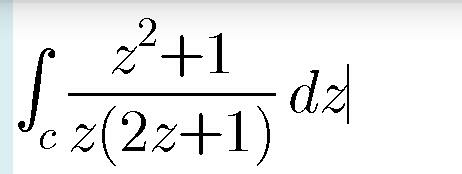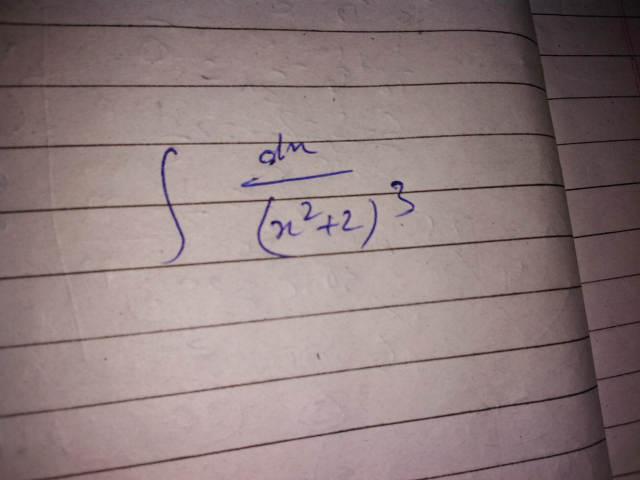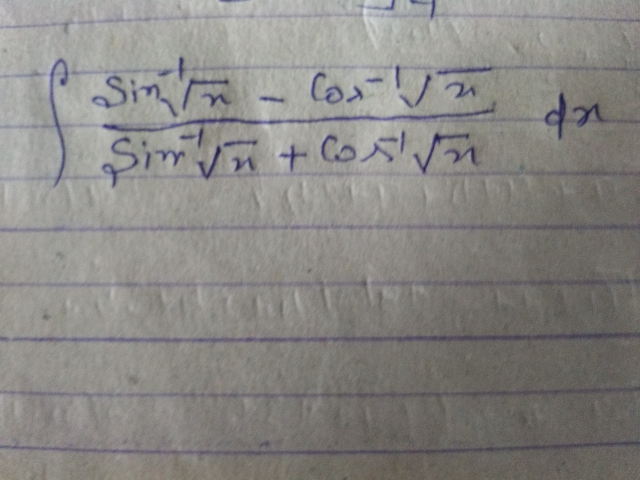
IntegrationQuestion and Answers: Page 277
Question Number 42305 Answers: 0 Comments: 6
Question Number 42228 Answers: 1 Comments: 0
Question Number 42222 Answers: 1 Comments: 0
Question Number 42221 Answers: 1 Comments: 0
Question Number 42215 Answers: 0 Comments: 3
Question Number 42191 Answers: 0 Comments: 1
Question Number 42189 Answers: 0 Comments: 0
Question Number 42188 Answers: 0 Comments: 1
Question Number 42232 Answers: 1 Comments: 0
Question Number 42157 Answers: 0 Comments: 3
Question Number 42088 Answers: 1 Comments: 1
Question Number 42087 Answers: 0 Comments: 0
Question Number 42086 Answers: 1 Comments: 0
Question Number 42085 Answers: 1 Comments: 1
Question Number 42083 Answers: 0 Comments: 0
Question Number 42054 Answers: 1 Comments: 1

Question Number 42012 Answers: 2 Comments: 0
Question Number 41989 Answers: 2 Comments: 1

Question Number 41913 Answers: 1 Comments: 0
Question Number 41854 Answers: 0 Comments: 0
Question Number 41851 Answers: 0 Comments: 2

Question Number 41847 Answers: 1 Comments: 0
Question Number 41846 Answers: 1 Comments: 0
Question Number 41845 Answers: 1 Comments: 0
Question Number 41848 Answers: 0 Comments: 3
Question Number 41806 Answers: 1 Comments: 1

Pg 272 Pg 273 Pg 274 Pg 275 Pg 276 Pg 277 Pg 278 Pg 279 Pg 280 Pg 281
